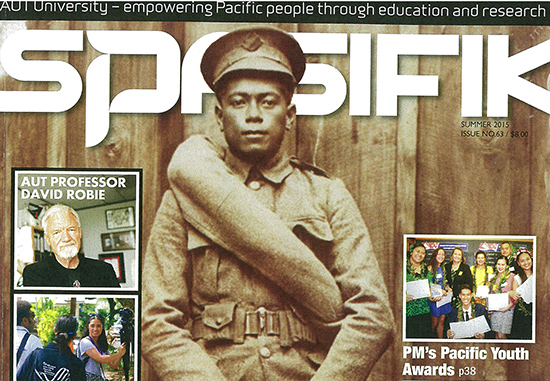
Ariane Adam for Spasifik
After the Fijian military coup of December 5, 2006, the new interim Prime Minister Jona Senilagakali announced that elections would take place "hopefully in 12 months, two years". later it was made clear to the Fijian people that none of the ministers in the interim government would be allowed to contest the elections.
Fast forward eight years, and Fiji's first general elections since 2006 were finally held on September 17, 2014, to select the 50 members of the new Fiji Parliament.
The new constitution signalled a new era for Fijians: for the first time in eight years, they felt they had a say in the direction the country would take over the next few years. The new constitution lowered the voting age to 18 and gave the right of multiple citizenship to Fijians for the first time.
Voreqe (Frank) Bainimarama, this time standing for the FijiFirst Party, was re-elected.
For a group of AUT University Asia-Pacific Journalism students, the elections presented the opportunity for them to delve deep into the world of Pacific political journalism and uncover many of the untold truths about life in Fiji during this new era of political freedom.
They were also the first New Zealand university student journalists to cover a general election in the Pacific.
As this article was going to press, the students - Mads Anneberg, Alistar Kata and Tom Carnegie - were told they had been awarded the Ossie Award for Best Use of Convergent Media for their Fiji coverage at a ceremony in Sydney organised by the Journalism Education and Research Association of Australia (and the Pacific) (JERAA).
Read their story



